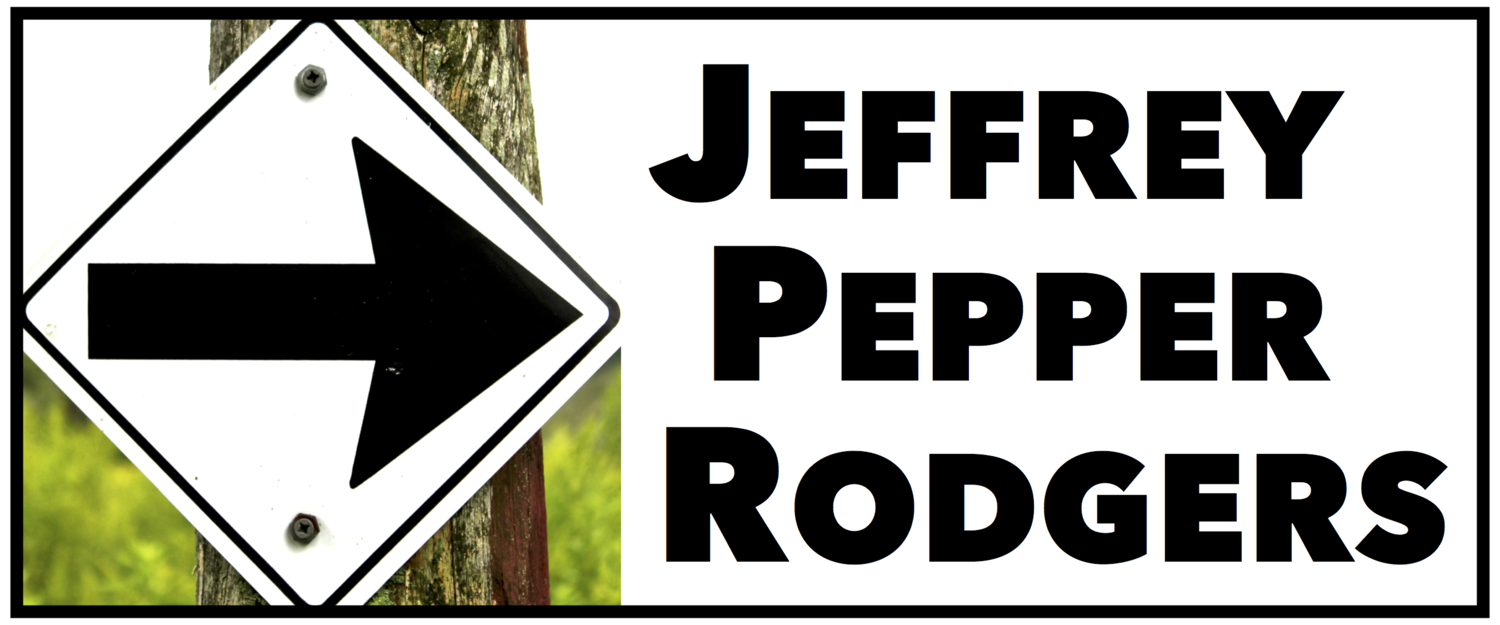Inside the songs: Joni Mitchell on writing Blue
One of the most memorable experiences of my life as a music journalist was an epic interview with Joni Mitchell back in 1996. For three hours in a restaurant in Los Angeles, she held forth about guitar and songwriting and much more—her dizzying tangents touched on everything from physics to Picasso to her love for the TV series Northern Exposure.
The interview was first published in two parts in Acoustic Guitar magazine (August 1996 and February 1997) and then, in expanded form, in my book Rock Troubadours. In the late ’90s, I granted permission to Warner Bros. Publications to reprint my first Acoustic Guitar story in an comprehensive, authoritative Mitchell songbook that had been in the works for years. I’d totally forgotten about that reprint when the Joni Mitchell Complete: So Far... book finally materialized in 2014, and when I opened the lavish hardcover book I was floored to find that Mitchell thanked me “for asking interview questions that actually pertained to the art and the music”—a very gratifying acknowledgement since that’s always been my MO as a music writer and editor.
Unlike other posts in this Inside the Song series, Mitchell speaks in the interview excerpts below not about a specific song, but more broadly about her instrumental influences and state of mind during the writing of her landmark album Blue, released in 1971.
If you’re interested in exploring Mitchell’s guitar style, see my video lesson published in the February 2019 issue of Acoustic Guitar and available online.
Discovering the dulcimer
One of the defining sounds of Blue is mountain dulcimer, which Mitchell played on “All I Want,” “Carey,” “California,” and “A Case of You.” She bought her first dulcimer from builder/musician Joellen Lapidus at the 1969 Big Sur Folk Festival, and later applied her percussive dulcimer technique back to the guitar.
I had never seen one played. Traditionally it’s picked with a quill, and it’s a very delicate thing that sits across your knee. The only instrument I had ever had across my knee was a bongo drum, so when I started to play the dulcimer I beat it. I just slapped it with my hands.
Anyway I bought it, and I took off to Europe carrying a flute and this dulcimer because it was very light for backpacking around Europe. I wrote most of Blue on it.
I was craving a guitar so badly in Greece. The junta had repressed the population at that time. They were not allowed public meetings; they were not allowed any kind of boisterous or colorful expression. The military was sitting on their souls, and even the poets had to move around. We found this floating poets’ gathering place, and there was an apple crate of a guitar there that people played. I bought it off them for 50 bucks and sat in the Athens underground with transvestites and, you know, the underbelly running around—and it was like a romance. It was a terrible guitar, but I hadn’t played one for so long, and I began slapping it because I had been slapping this dulcimer. That’s when I noticed that my style had changed.
I thought that slap came purely from the dulcimer until I saw a television show [recently] that I did the day after Woodstock, where Crosby, Nash, and Stills showed up. Stephen slapped his guitar, which is a kind of flamenco way of playing it, so I would have to cite Stephen Stills also as an influence in that department. But it was latent and not conscious. It wasn’t like I studied him and tried to play like him, but I admired the way he played. That’s the way I grow, by admiration and not by intellect. Anytime I admire something, something expands, and somewhere down the road that admiration works on me as an influence.
Cracking open
Even today, Blue stands out for its intensely personal storytelling and emotional transparency. I asked Mitchell whether, at the time she wrote these songs, she was prepared for sharing her interior life with the audience in this way.
I was opened up. As a matter of fact, we had to close the doors and lock them while I recorded [Blue], because I was in a state of mind that in this culture would be called a nervous breakdown. In pockets of the Orient it would be considered a shamanic conversion.
Learn about Mitchell’s pioneering guitar style and use of alternate tunings in this video lesson.
It begins with a sense of isolation and of not knowing anything, which is accompanied by a tremendous panic. Then clairvoyant qualities begin to come in, and you and the world become transparent, so if you’re approached by a person, all their secrets are not closeted. Like a Gypsy, you get too much of a read on who a person is. It makes you see a lot of ugliness in people that you’d rather not know about, and you lie to yourself and say something nice about them to cover it up. It gets very confusing. In that state of mind I was defenseless as a result, stripped down to a position of absolutely no capability of the normal pretension that people have to survive.
When [Blue] first came out, I played it for Kris Kristofferson, who said, “God, Joan, save something of yourself.” He was embarrassed by it. I think generally at first that people were embarrassed by it, that in a certain way it was shocking, especially in the pop arena. People [usually sing], “I’m bad, I’m bad, I’m great, I’m the greatest.” It’s a phony business, and people accept the phoniness of it. It’s fluff, it’s this week’s flavor and it gets thrown out, and it isn’t supposed to be anything really more than that.
By the time I made the next albums, I had stabilized psychologically, I would say, to a degree where, like we all do, I had some defenses. But that descent cracked me wide open, and I remain wide open to this day. I don’t want to develop too many defenses. I’m a kind of experiment, a freak of nature. I’m going through the world in an open way trying to trust in a time when human nature is so mangled and corrupt, probably more so than it ever was, where there is no honor, and greed is fashionable. I know the world is wicked; it doesn’t shock me anymore. As a matter of fact the thing that stuns and shocks me is human kindness; I see so very little.
—Joni Mitchell
Dig deeper into the creative process in The Complete Singer-Songwriter, featuring songwriting tips and techniques from more than 100 artists, including Joni Mitchell, John Mayer, Paul Simon, Rosanne Cash, Jewel, Jeff Tweedy, Ani DiFranco, James Taylor, John Fogerty, Brandi Carlile, Richard Thompson, Jason Mraz, Jerry Garcia, and more.



